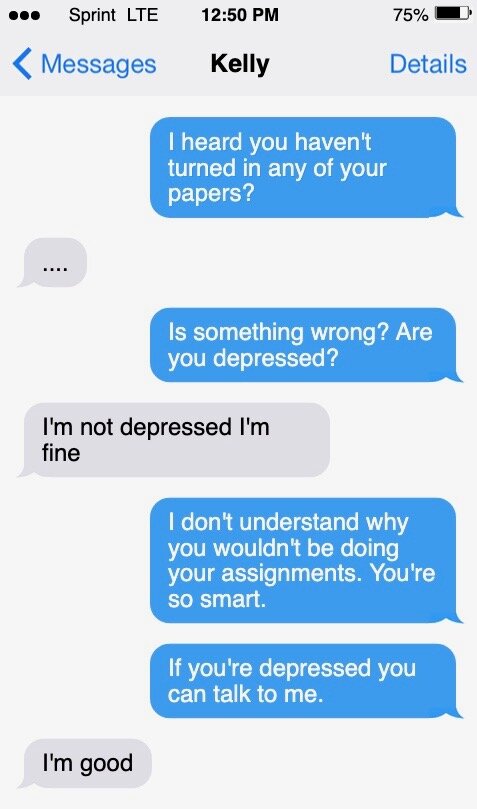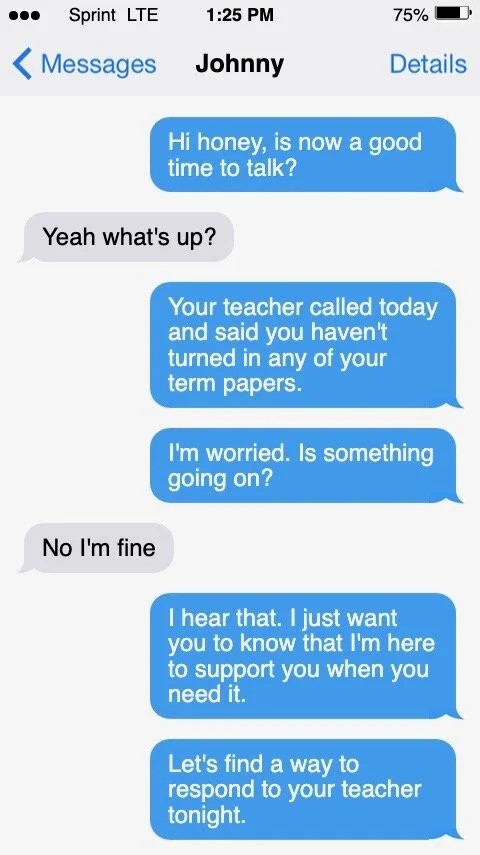Mental health impacts us at every age.
Children and youth express their mental health in ways that are different than adults, and different for every child. As a caring adult, you play an important role in making sure a child gets the support they need.
What you need to know
There’s no minimum age for experiencing a mental health condition.
Though mental health conditions are often not diagnosed until later in life, they can onset far before that time. For a breakdown of most common mental health conditions affecting youth and their accompanying signs, click here.
Adults can be a major factor in shaping a child's mental health.
A caring and consistent adult’s behavior can protect a child against experiencing poor mental health and development of severe symptoms in the long term.
A child’s mental health may be dismissed as a phase.
Beliefs that a child’s mental health or behavior is tied to their age rather than a more serious mental health problem can lead to lack of treatment and delay a young person's opportunity for recovery.
What you can do
Call NAMI Chicago.
NAMI Chicago can connect you with live clinicians and peers through our Helpline that runs 7 days a week (1-833-626-4244).
Understand more about mental health.
We're all on a learning curve when it comes to mental health. Mental health isn't as commonly understood as other health concerns, and education is an important piece for building understanding.
Find a time to start a conversation.
It’s always the right time to ask how a child is feeling. However, when a child starts behaving in ways that aren't normal for them, including sudden or harmful changes, this conversation becomes more urgent. Some of these changes include:
• Using alcohol or drugs to get through tough experiences
• Binging or restricting eating in response to emotions
• Talking about death or an interest in suicide
• Self-harm including burning, scratching, cutting, pulling hair
• Purposely seeking out risks that put themselves in harm’s way
• Extremely low motivation, energy, and sadness
Go into a conversation
with the right tools
Active Listening
Empathy
Non-Judgment
Here's some guidelines for a conversation around a child's mental health.
DON’T
Blame a child for their behavior or pass judgment on their behavior. This conversation opens with an accusation, which is hurtful and can make a child feel like they need to defend themselves.
DO
Make sure that the child is open to a conversation and that you are using "I' statements to communicate objective observations. Lead with curiosity by using open-ended questions.
What now?
If a child tells you that they have been feeling hopelessness, inability to concentrate, self harm, or other signs of emotional distress, it’s a good time to connect with a mental health professional. These can be accessed through a school counselor, pediatrician, or directly reaching out to schedule an intake appointment. NAMI Chicago has experienced staff on our Helpline (1-833-626-4244) that can assist in this process.
Every action you take, whether scheduling an appointment, contacting a school, or starting a conversation, is for the child you care about. A young person's voice should be heard throughout this process, because they are the experts of their own experience.



